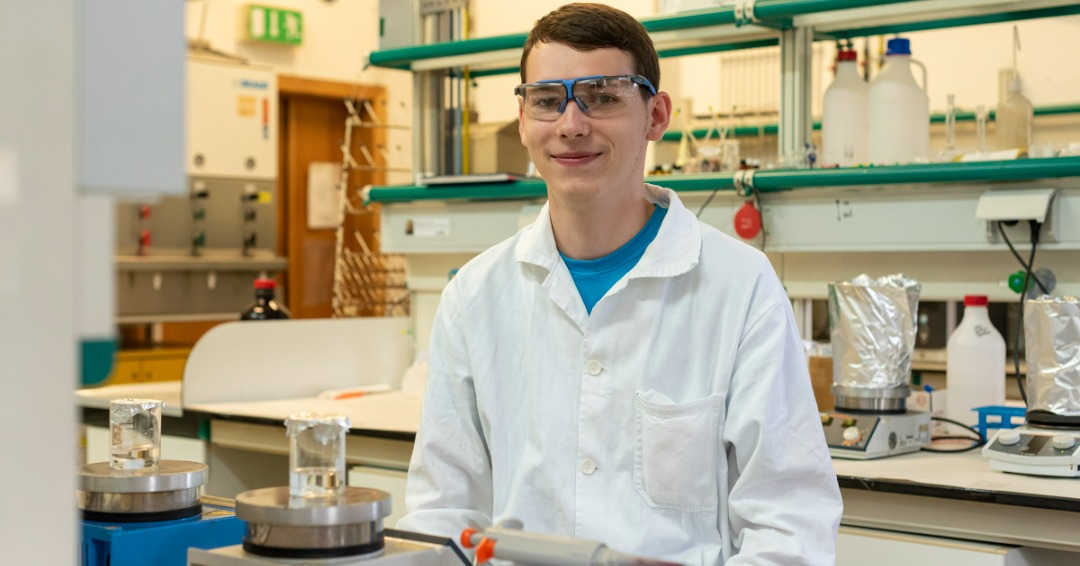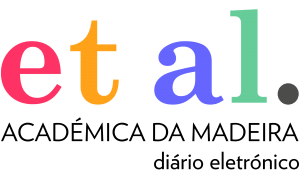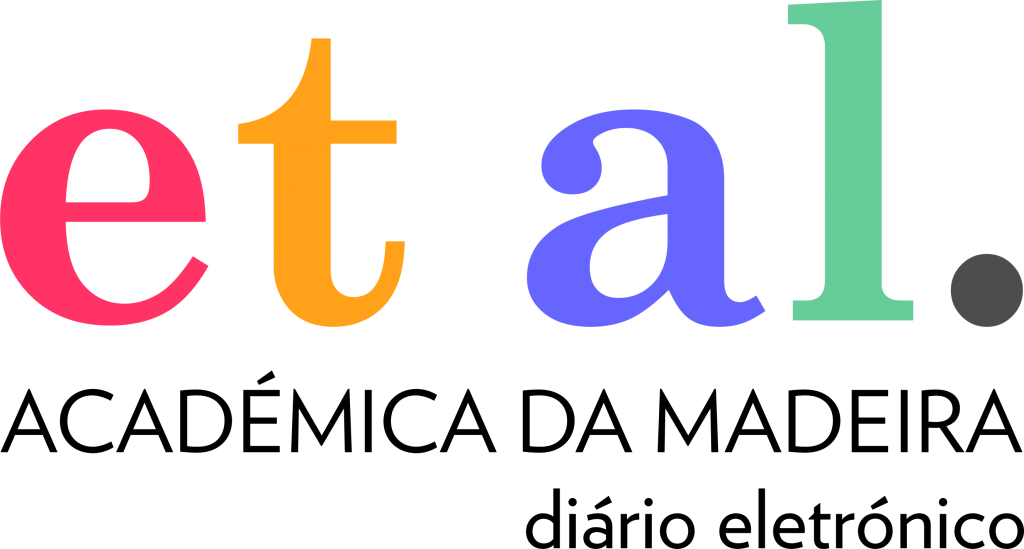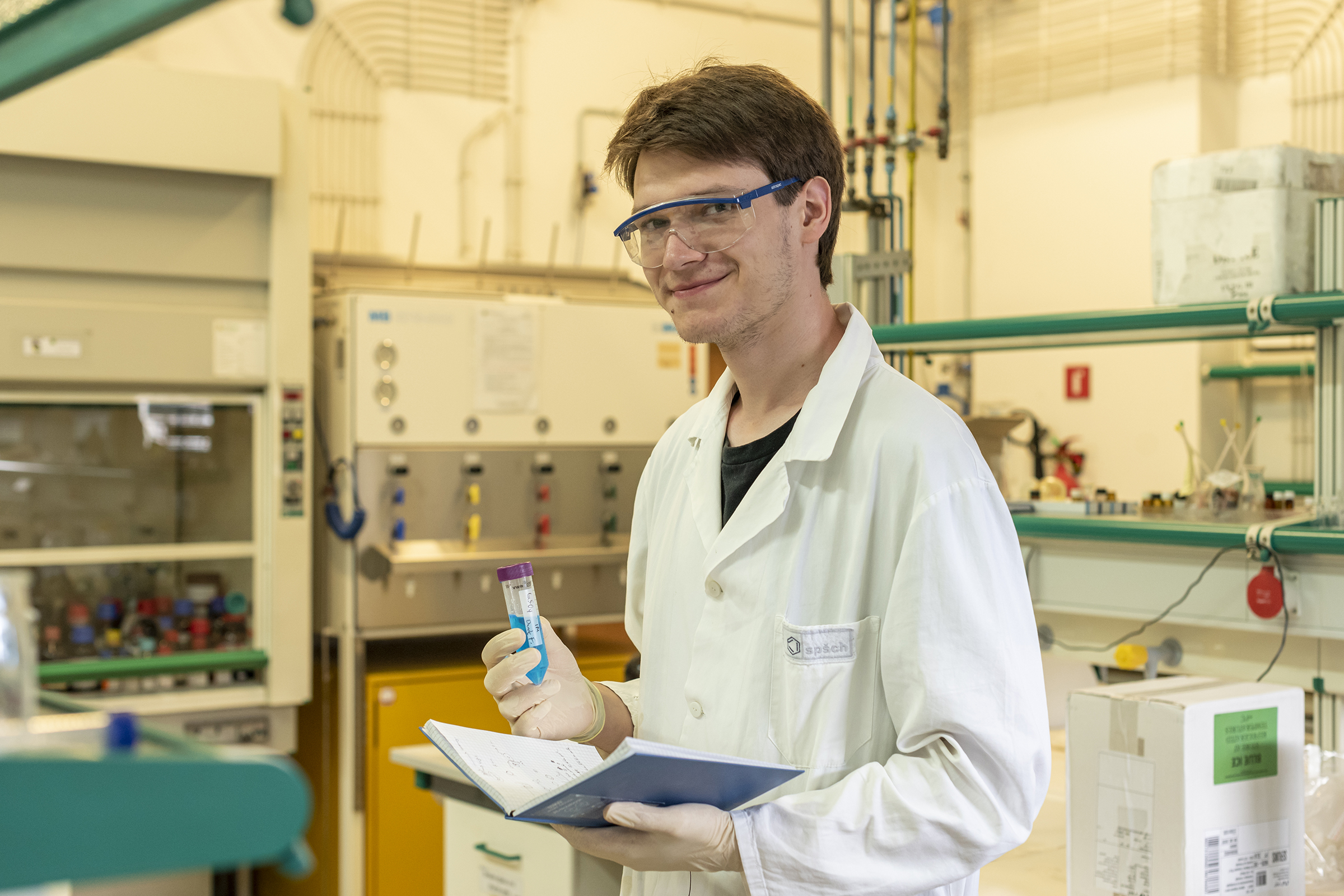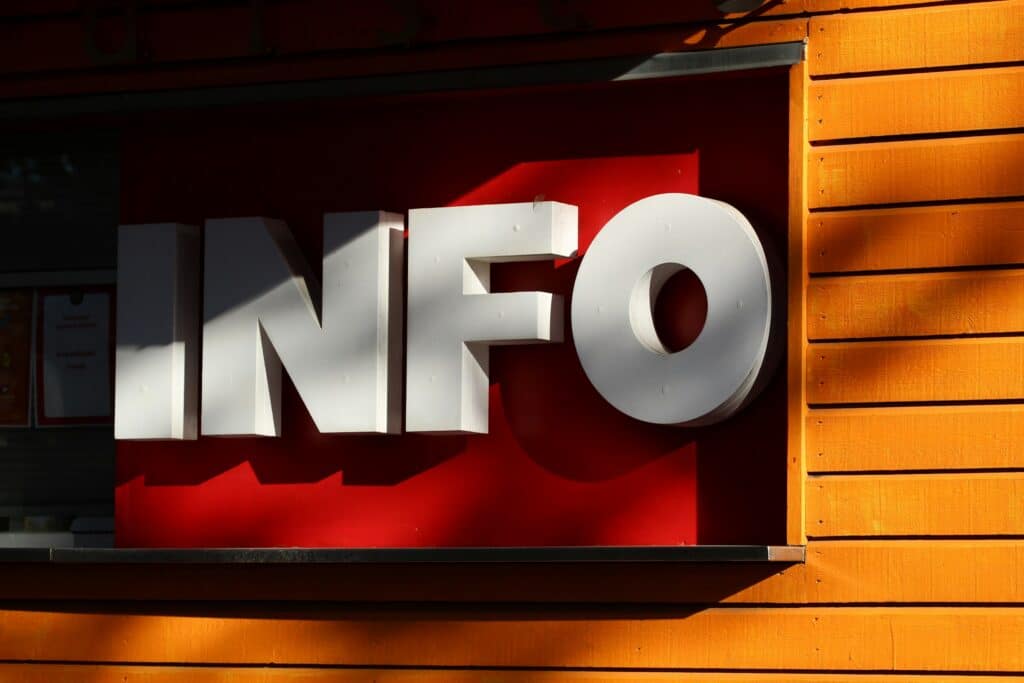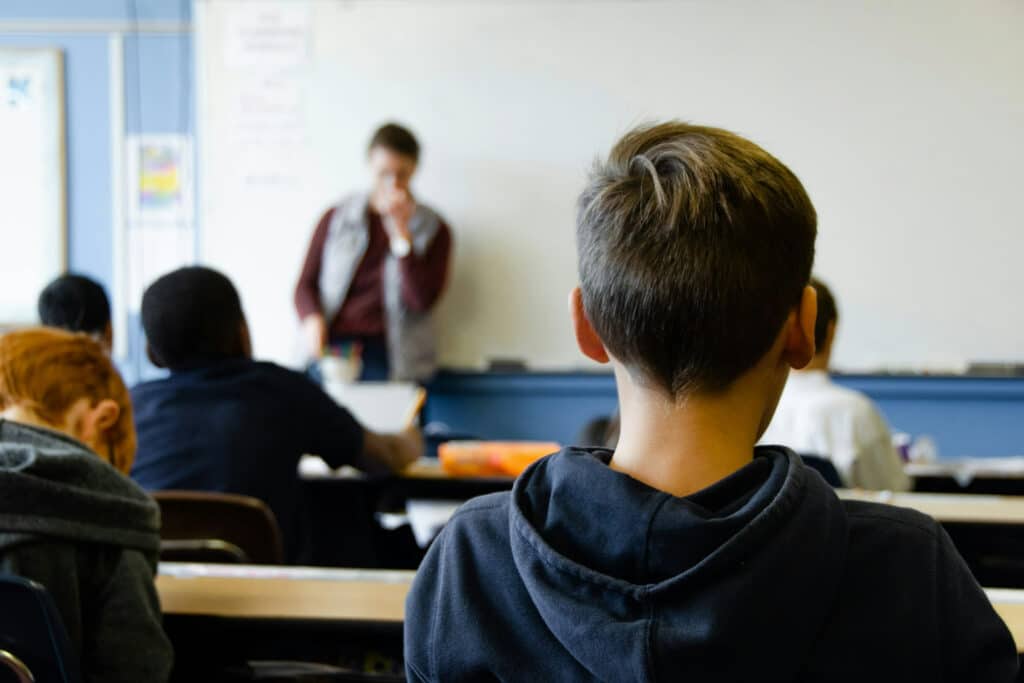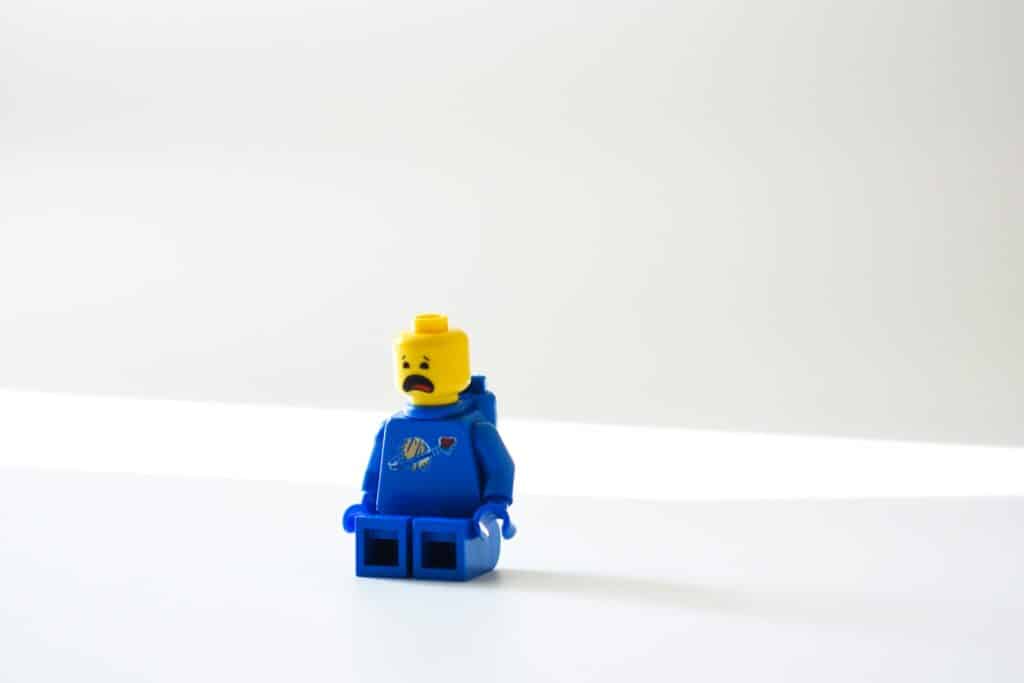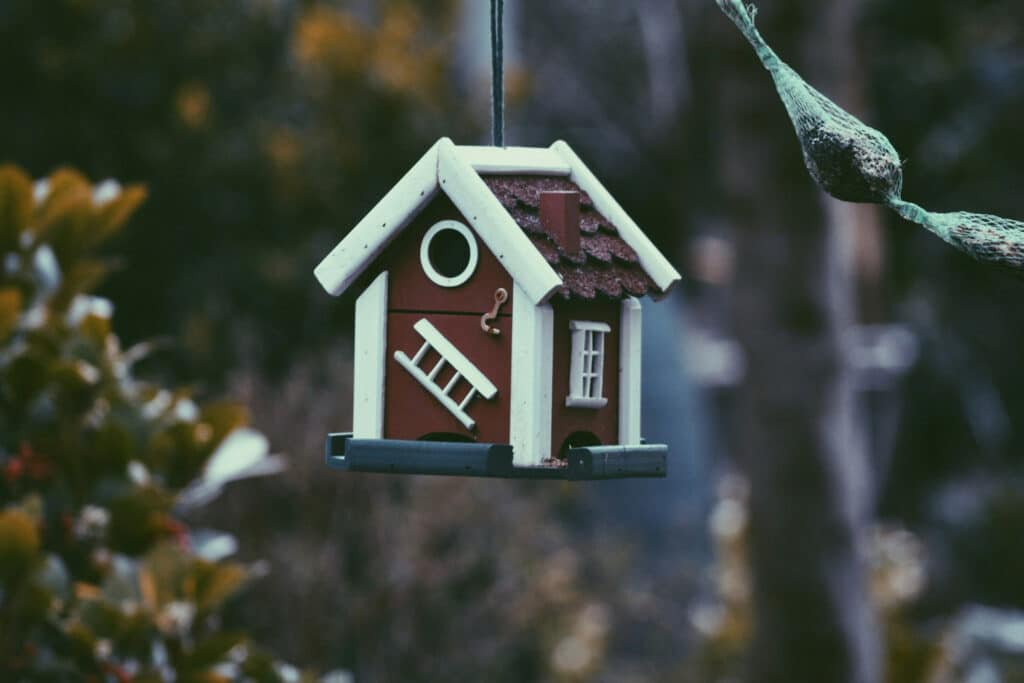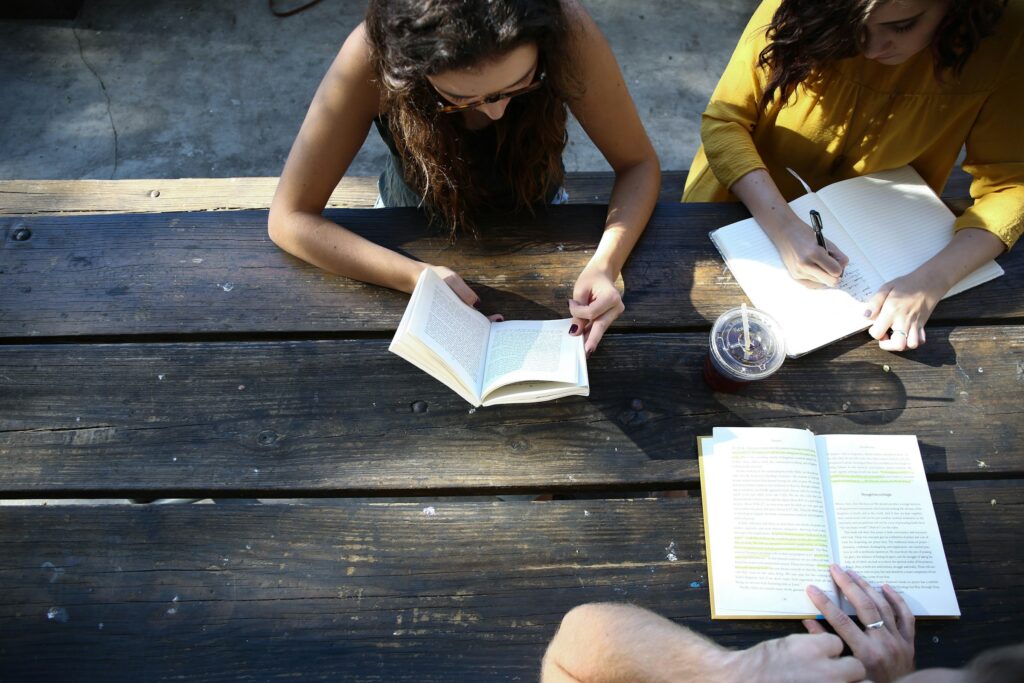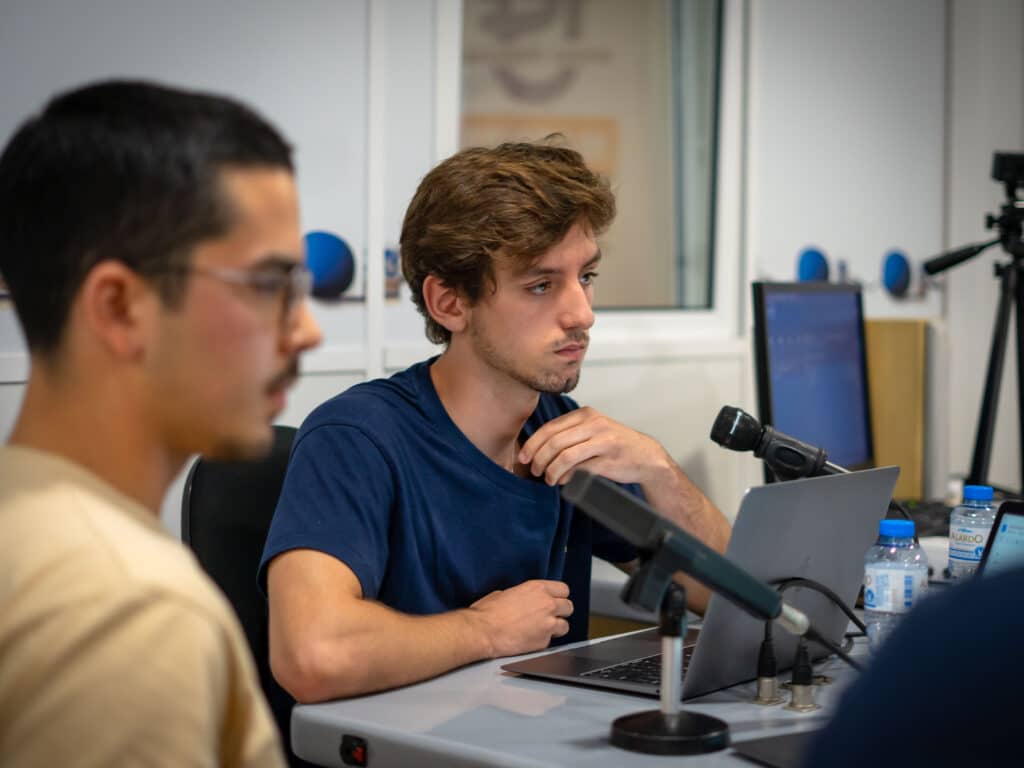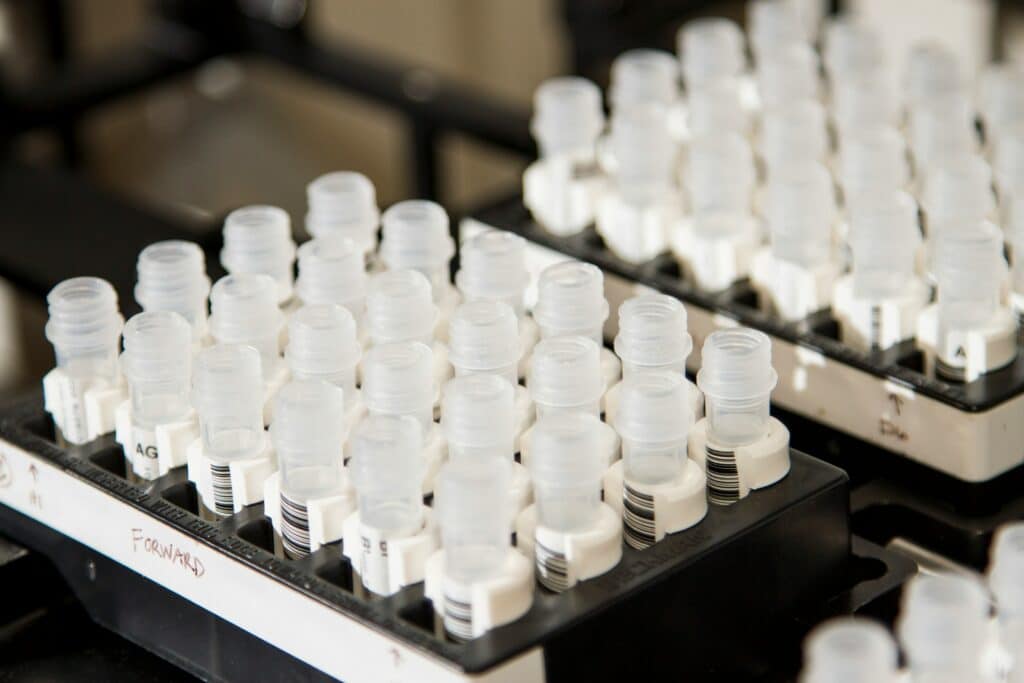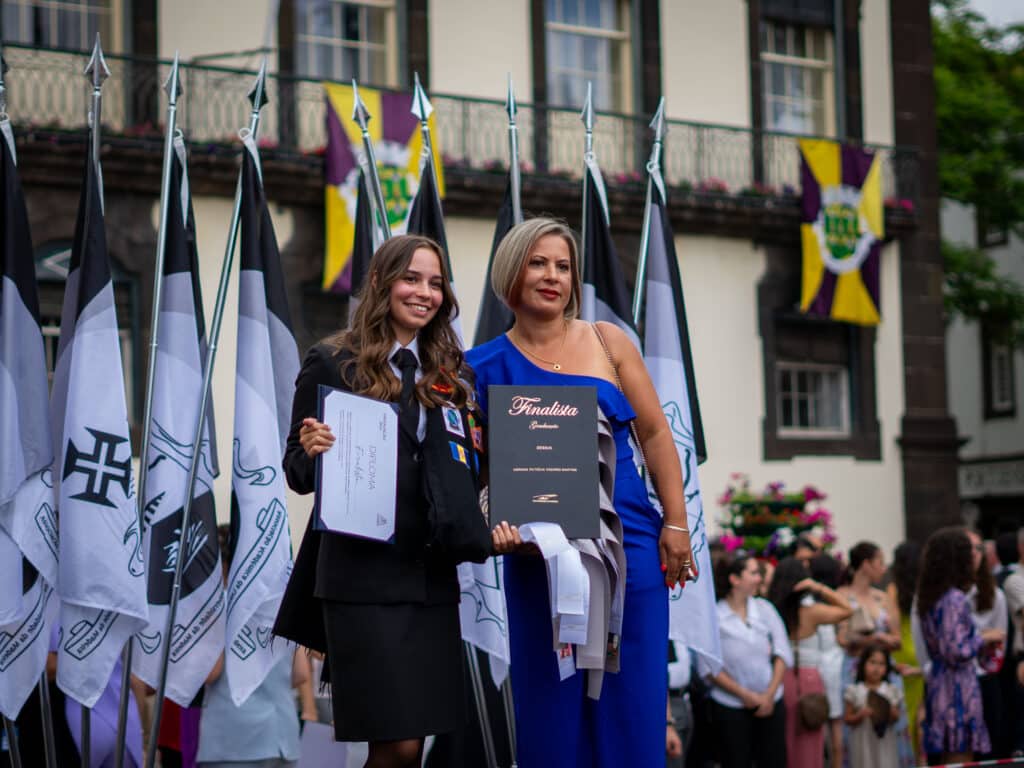Matouš Řehák e Petr Buriánek foram dois jovens estudantes de química, oriundos da Chéquia, que ao abrigo do ERASMUS+, realizaram, em setembro de 2022, um estágio de duas semanas no Centro de Química da Madeira. Pouco antes do seu regresso a casa, fomos entrevistá-los.
Matouš Řehák e Petr Buriánek são estudantes da licenciatura em Química na Universidade de Pardubice, na Chéquia. Antes de ingressarem no Ensino Superior, estudaram Química na Upper Secondary School of Chemistry de Pardubice e, em setembro de 2022, decidiram realizar um estágio de duas semanas no âmbito do programa ERASMUS+ no Centro de Química da Madeira (CQM), centro de investigação integrado na Universidade da Madeira.
How did the opportunity arise for you to come to the University of Madeira to do an internship at CQM?
M.R. When I studied at secondary school I successfully attended an Erasmus+ internship in UK by my initiative. After graduation I and Petr got an opportunity to attend 2 more Erasmus+ internships to Portugal (last year) and Madeira this year for being good students. We always enjoyed the experience so we didn’t hesitate.
P.B. I had a great teacher Mrs Jana Šedová at the Upper Secondary School of Chemistry Pardubice. She remembered me and my friend Matouš and gave us the opportunity to go. We were both incredibly lucky to be able to take part in this ERASMUS+ internship, because we were already over a year out of school and were studying at the University.
Did you already know about Portugal or Madeira? What do you think of our land?
M.R. I always knew about portugal and I finally visited it a year ago. It was around that time I heard about Madeira. I was looking forward to the visit and I am not disappointed. The landscape is beautiful and the levadas are perfect for long walks. The roads up the hill in the city are something I’ve never really seen before. It’s so steep I wonder how I would drive a car there. But still in Madeira and inland Portugal the cars always stopped when we were at a crosswalk. I don’t remember cars stopping that often anywhere else. The only downside is that the weather is often too hot for me there.
P.B. I did already know about both. I was actually in mainland Portugal on an internship in LabMinho (water analysis) and I liked Portugal a lot. Staying on Madeira was an even better experience, especially because of the weather – temperature of around 23°C is ideal for me. I also got to see some levadas, went to a beach in Ribeira Brava and took a trip to Pico do Areeiro. Madeira is simply amazing.
Do you recommend the ERASMUS+ program? How was it an asset to your future?
M.R. I hugely recommend participating in Erasmus+ projects. The best part for me is that you get to know new people, you can travel, you get to learn a bunch of new things and you can test and improve your ability to communicate with people that have different native language. All the above applies to me and I believe it helped me advance my skills faster and further.
P.B. I would recommend the ERASMUS+ programme to any student without hesitation. At CQM, I got a ton of experience in topics I haven’t even heard of at school, e.g. DLS and TGA. I learned something new every day and I’m not exaggerating.
During this period, did you have any difficulties?
M.R. Sometimes I had to communicate with people that couldn’t speak english that much so it took longer to understand each other completely. Other times it took me longer to understand a topic of the research because of the language barrier. But we always managed to come to an agreement.
P.B. Not really – no major ones. There are only three things I can think of. One – the water was heavily chlorinated so it did not taste very well; two – the mosquitoes, there was a lot of them; and lastly the buses – I had to figure it all out.
What is the purpose of the investigative work you are involved in?
M.R. We briefly participated in various research projects which are mostly focused on nano materials, for example dendrimers, carbon dots and nano particles of magnesium oxide. There is research being done into possible use in treatment of diseases, such as cancer or diabetes.
P.B. The reaserch at CQM is focused on nanomaterials, particularly on dendrimers and nanodots. These things have their potential in cancer treatment.
What are your plans for your future?
M.R. I am going to continue studying chemistry and see where it gets me. I think I will get more into organic chemistry branch but that can still change. Overall being in a lab and doing research into new things is something I look forward to.
P.B. Just to study, that is what I enjoy. After that only time will tell – possibly research or teaching. Maybe I will own a bakery and make pastel de nata – who knows.
Entrevista conduzida por Carlos Diogo Pereira
ET AL.
Com fotografia de Pedro Pessoa.
Na imagem Matouš Řehák (acima) e Petr Buriánek (abaixo), investigadores oriundos da Chéquia.
